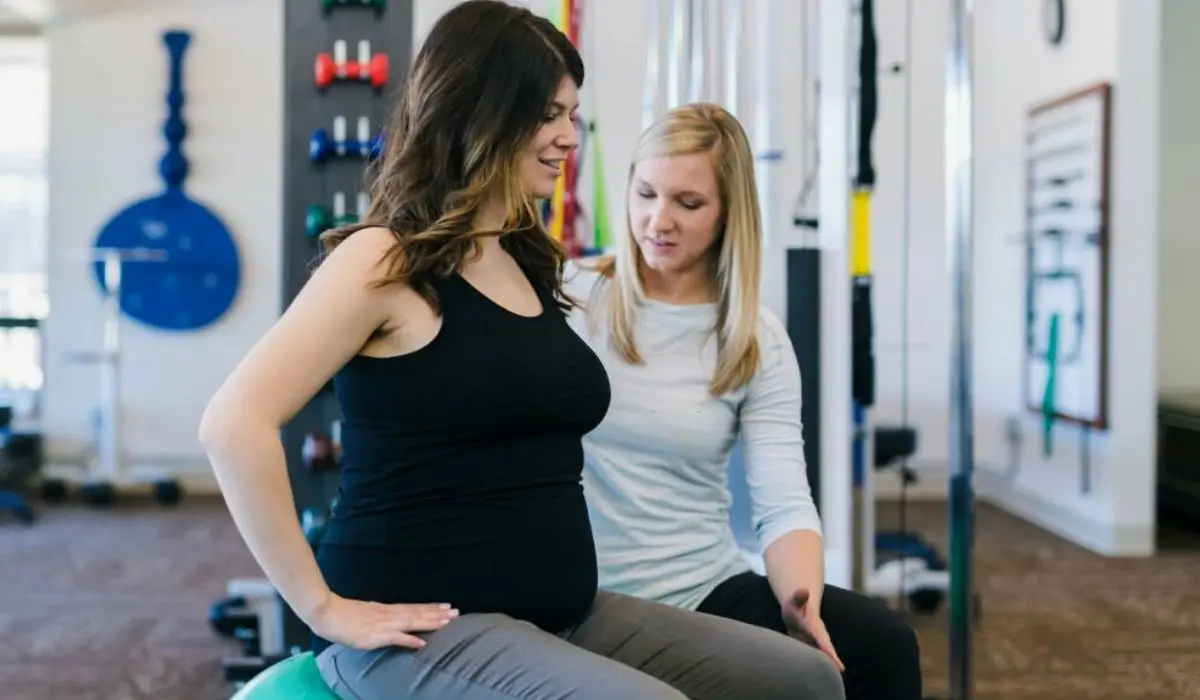Exercise during pregnancy is essential for the health of the pregnant woman and the baby. Similarly, for athletes, postpartum exercises help them recover physically and mentally and are ready to join the sports again. Also, rehabilitation encourages new moms to feel more knowledgeable about their pelvis, gain confidence, and be ready to return to physical activity safely and quickly.
Knowing the early recovery benefits athletics to return to their related sports events, and the postpartum period is considered to be 1 year. However, if you are going to become a new mom who is athletic or has delivered a baby and is looking for ways to get back into sports activity, then this article is best to read.
Here is the best pregnancy and postpartum rehabilitation for athletics women to let body and mind recover.
A Timeline Rehabilitation From Pregnancy To Returning To Sport For Female Athletes
The increased participation and competition in sports by different athletics have led to timeline rehabilitation from pregnancy and return to sports.

Let’s see the timeline for rehabilitation for women athletics and stay top in their athletics careers-
1] Pregnancy Timeline For Athletics
During the pregnancy, a special care team learns every aspect of your needs and analyses your fitness level with your athletic performance. Additionally, the need for concern by experts is needed to keep you and your baby healthy. It has three stages that require special attention and avoid the risk of gestational diabetes or needing a C-section.
First Trimester: You can discuss the warning signs and exercises to avoid during pregnancy. Also, discuss musculoskeletal and physiologic changes that are associated with pregnancy. Moreover, you can establish preferred guidelines and develop exercise prescriptions with experts or your medical advisor.
Second Trimester: During the 2nd trimester, discuss with your team how to encourage safe exercise and mobility. You can develop postural strength and endurance, including awareness of sitting and standing postures.
Third Trimester: You can ask your medical advisor to improve coordination in the relaxation of the pelvic floor musculature to allow for delivery. Also, get education regarding potential birth positions as desired.
2] 1st Postpartum Weeks (0 to 2)
After pregnancy, postpartum exercises and information are needed for athletics to a fast recovery and for a healthy body to return to sports. The team will encourage appropriate moments to facilitate healing by anterior and posterior pelvic title to assist with postural restoration. Also, gentle transverse of lumbar activity is needed to limit stiffness and ensure a safe return to sport.
3] 2nd Postpartum Weeks (3 to 4)
During the 2nd postpartum week, the athletes are trained with light exercises such as cardiovascular activity, pelvic floor, etc. You can have education related to nutrition to ensure proper intake of accommodation or nursing and exercise. Also, neuromuscular activity helps athletics by avoiding gentle and pain-free mobility.
4] 3rd Postpartum Weeks ( 5 to 6)
When the first postpartum stage is over, 3rd postpartum age is crucial for athletics to regain energy and body weightage is balanced. In this stage, a walking program with shorter distances is explained, and increased focus. It is done by performing exercises like supine, side lying, and quadruped. Also, pelvic floor contract or relax with the focus on short hold and more.
5] 4th Postpartum Weeks (7 to 12)
Once the 3rd postpartum period is over, the athletes are prepared for the next stage to regain the sports events quickly and safely. It includes exercises and mental therapy to recover from pain and pregnancy relief, like increasing the duration of walking and gradual speed. Also, 60 minutes of jogging may be appropriate to impact readiness tasks. Moreover, double leg jump downs, forward, and lateral jumping are performed rapidly to include sagittal, transverse, and frontal phases.
6] Final Postpartum Weeks (13+)
After 1 year of baby delivery, athletics is enough to join the sports and perform basic exercises. However, consistent rest and reduced exercise have positively impacted lifelong support. It includes slowly increasing mileage and speed of walking, jogging, rest throughout the run, and more.
Read More:- Nutritional Support for Bone Health In Athletes – Does It Increase Athletic Performance?
Bottom Line
Pregnancy for any woman gives immense happiness, but for athletics, it is necessary to recover fast and securely to not ruin the career and back from competitors. So, athletes, coaches, medical supporters, and the team perform and discuss postpartum rehabilitation. They inform you about breastfeeding, physical therapy, nutrition counseling, and more so that you return with confidence and energy.